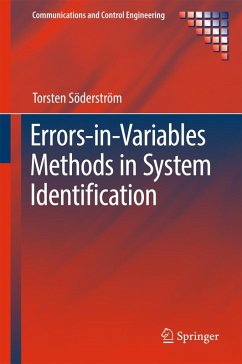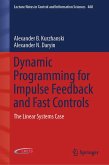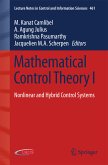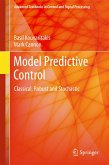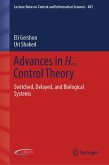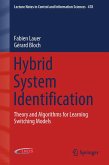This book presents an overview of the different errors-in-variables (EIV) methods that can be used for system identification. Readers will explore the properties of an EIV problem. Such problems play an important role when the purpose is the determination of the physical laws that describe the process, rather than the prediction or control of its future behaviour. EIV problems typically occur when the purpose of the modelling is to get physical insight into a process. Identifiability of the model parameters for EIV problems is a non-trivial issue, and sufficient conditions for identifiability are given. The author covers various modelling aspects which, taken together, can find a solution, including the characterization of noise properties, extension to multivariable systems, and continuous-time models. The book finds solutions that are constituted of methods that are compatible with a set of noisy data, which traditional approaches to solutions, such as (total) least squares, do not find.
A number of identification methods for the EIV problem are presented. Each method is accompanied with a detailed analysis based on statistical theory, and the relationship between the different methods is explained. A multitude of methods are covered, including: instrumental variables methods; methods based on bias-compensation; covariance matching methods; and prediction error and maximum-likelihood methods.
The book shows how many of the methods can be applied in either the time or the frequency domain and provides special methods adapted to the case of periodic excitation. It concludes with a chapter specifically devoted to practical aspects and user perspectives that will facilitate the transfer of the theoretical material to application in real systems.
Errors-in-Variables Methods in System Identification gives readers the possibility of recovering true system dynamics from noisy measurements, while solving over-determined systems of equations, making it suitable for statisticians and mathematicians alike. The book also acts as a reference for researchers and computer engineers because of its detailed exploration of EIV problems.
A number of identification methods for the EIV problem are presented. Each method is accompanied with a detailed analysis based on statistical theory, and the relationship between the different methods is explained. A multitude of methods are covered, including: instrumental variables methods; methods based on bias-compensation; covariance matching methods; and prediction error and maximum-likelihood methods.
The book shows how many of the methods can be applied in either the time or the frequency domain and provides special methods adapted to the case of periodic excitation. It concludes with a chapter specifically devoted to practical aspects and user perspectives that will facilitate the transfer of the theoretical material to application in real systems.
Errors-in-Variables Methods in System Identification gives readers the possibility of recovering true system dynamics from noisy measurements, while solving over-determined systems of equations, making it suitable for statisticians and mathematicians alike. The book also acts as a reference for researchers and computer engineers because of its detailed exploration of EIV problems.
Dieser Download kann aus rechtlichen Gründen nur mit Rechnungsadresse in A, B, BG, CY, CZ, D, DK, EW, E, FIN, F, GR, HR, H, IRL, I, LT, L, LR, M, NL, PL, P, R, S, SLO, SK ausgeliefert werden.

